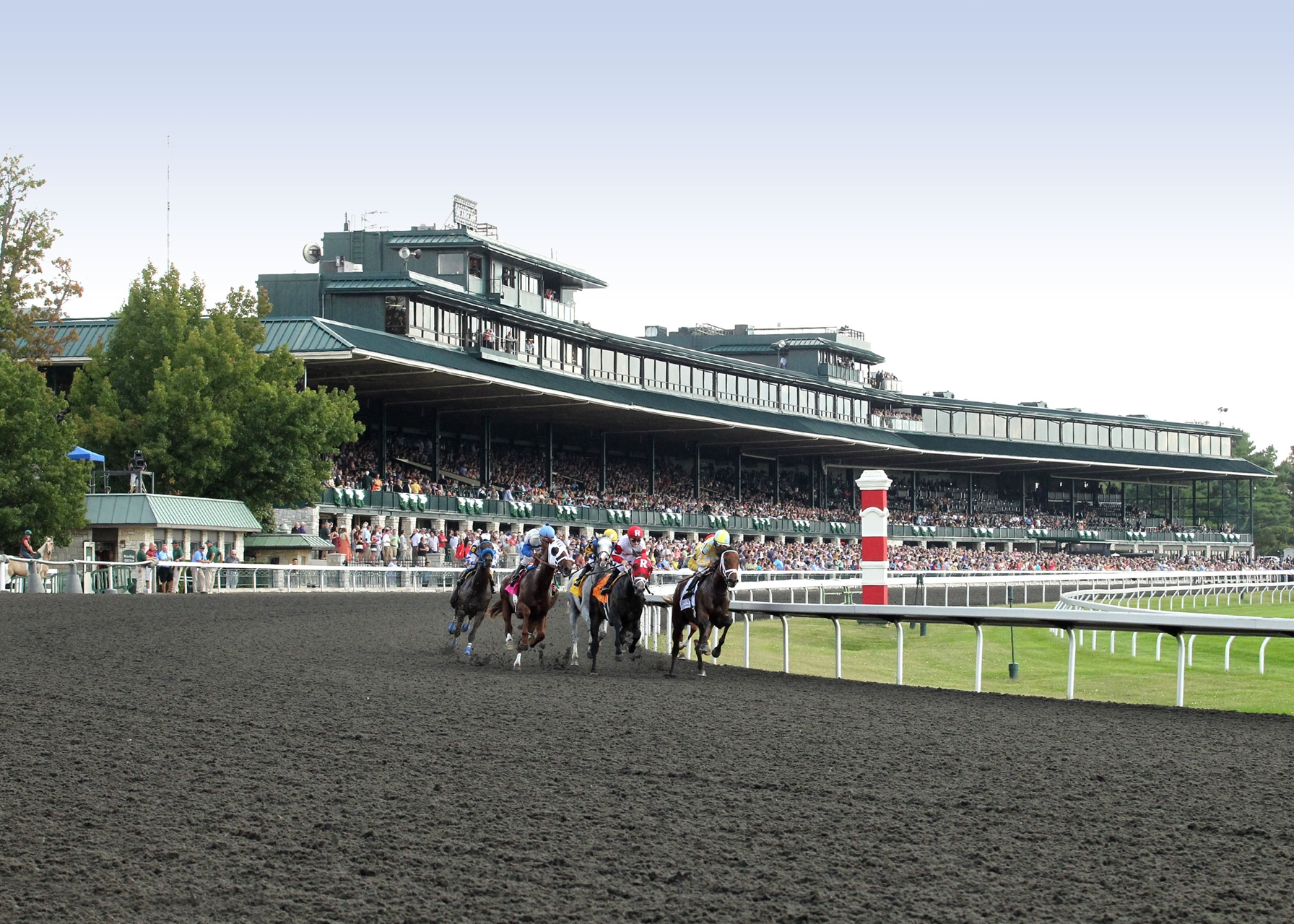Keeneland Plans to Increase Takeout

In a move it hopes will help strengthen purse levels, Keeneland plans to increase takeout beginning with the upcoming 2017 fall meeting.
The Lexington track plans to increase takeout for win, place, and show bets from 16% to 17.5% and most other exotic bets from 19% to 22%. One exception will be the Pick 5, which will see its takeout reduced from 19% to 15%. Daily Racing Form first reported the planned changes.
Keeneland vice president of racing and sales Bob Elliston said the track hopes to increase purses, and while it was a difficult decision to increase takeout—increasing prices for bettors—he said even with the takeout increase Keeneland's rates are comparable to other tracks. Takeout is the percentage of money taken from each pari-mutuel pool largely used to pay tracks, purses, and taxes.
Elliston said Keeneland is looking to compete with increased purses offered at tracks like Oaklawn Park and Belmont Park in recent years.
"We don't like a price increase and wish there was another way we could continue to elevate our purses, not just piecemeal; but to ensure that they remain at the highest level in the country. That's what Keeneland has always attempted to do and that's what our horsemen expect of us," Elliston said. "When we see that our blended takeout is 2% less than other major racing venues in the country—this was something we looked at and moved it to a level that remains competitive with the levels of those other major racing jurisdictions while still providing more resources to continue to grow purses."
The Horseplayers Association of North America, which provides a voice for bettors, frowned on Keeneland's decision.
"The Horseplayers Association of North America is extremely disappointed with the new Keeneland management's decision and will have further announcements after talking with our members," said HANA president Jeff Platt in a blog.
Elliston noted that Keeneland commits 100% of its wagering streams to purses and, beyond that, supplements the purses with money from its sales operations. He said Keeneland needs to continue with a strong purse structure.
"Keeneland has traditionally paid more into purses than we're contractually obligated to do through our horsemen's agreement," Elliston said. "When you put $30 million of money above and beyond your normal purse structure over a five-year horizon, you have to look for ways to continue to do that. We don't want to stand still. We want to continue to see that grow."
The takeout increase moves Keeneland to the maximum rates allowed by the Kentucky Horse Racing Commission. Keeneland does not need regulatory approval for the change because the Lexington track has fallen below the average on-track daily handle of $1.2 million threshold in recent meets. Keeneland's average daily on-track handle at last year's meets was $1.12 million.
Ahead of its 2014 spring meeting, Churchill Downs increased its takeout rates to the state maximum after its daily on-track handle fell below the KHRC threshold. Purses at this year's Churchill spring meet were up 5% to $21,265,686. Some of that purse increase was fueled by added money from the Kentucky Thoroughbred Development Fund, thanks to expanding historical gaming in the state.
Keeneland, Churchill, Ellis Park, and Turfway Park are all at the state maximum takeout for most wagers. Only Kentucky Downs, which has been ranked as the top track by HANA the past three years, has takeout rates below the state maximum.
Platt, in his blog, said Keeneland's decision is short-sighted.
"Keeneland, as a non-profit under the leadership of strong executives like Nick Nicholson, had always placed an emphasis on their betting customers, with an eye to the long-term health of the sport," Platt wrote. "Wagering customers were considered a part of the economic engine of racing, were catered to, and always felt home at Keeneland. This, in part, spurred handle increases in a sport suffering massive handle losses. Their strategy was clearly working.
"Now, it appears that the new management team has gone the way of so many corporate racetracks by only looking at the short-term numbers, and listening to stakeholders who yell the loudest."
